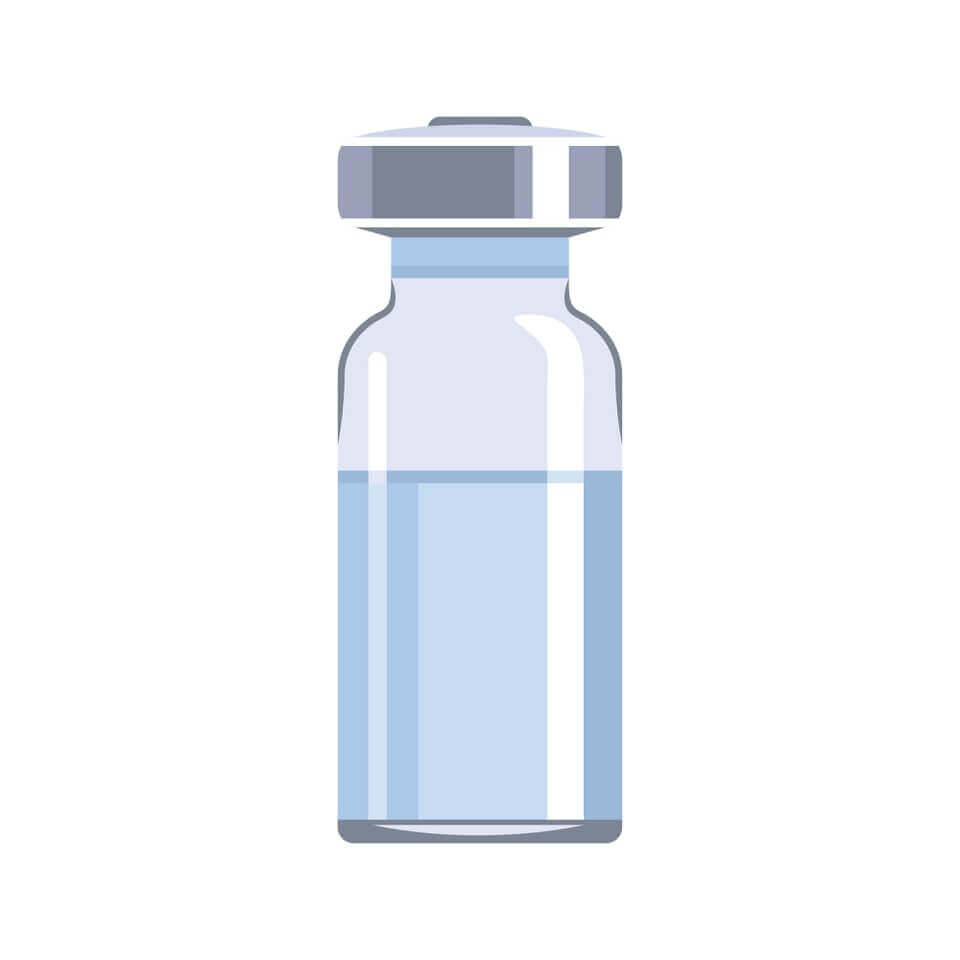Clarity
Clarity

Mobile: $100
Lounge: $75
Ingredients: Alpha Lipoc Acid, Vita-Complex (B1, B2, B3, B5, B6), Folic Acid
These products are not intended to diagnose, treat, cure, or prevent any disease.
The material on this website is provided for informational purposes only and is not intended to be or to take the place of medical advice.
Always consult your physician before beginning any treatment or therapy program.
Do not use without a doctor’s advice if you are pregnant or breastfeeding. It is not known whether any of these medications will harm an unborn baby.
Reliance on or use of this information provided on this website is at your own risk.
Alpha Lipoic Acid:
Rare but Potential Side Effects: nausea, rashes, itching. Contraindications: Liver disease, consumption of large amounts of alcohol, diabetic, thyroid disorder, thiamine deficiency.
Vitamin B1:
You should not use thiamine if you have ever had an allergic reaction to it. Ask a doctor or pharmacist before taking thiamine if you have any medical conditions or if you are pregnant or breast feeding (your thiamine dose needs may be different during pregnancy).
Side effects may include: a feeling of warmth, pruritus, urticaria, weakness, sweating, nausea, restlessness, tightness of the throat, angio-edema, cyanosis, pulmonary edema, and hemorrhage into the gastrointestinal tract. Anaphylaxis has been reported, especially after repeated injection.
Call your doctor at once if you have a serious side effect such as:
blue colored lips, chest pain, feeling short of breath, black/bloody or tarry stools, coughing up blood or vomit that looks like coffee grounds.
Vitamin B2:
Rare but Possible Side Effects:
Along with its needed effects, a dietary supplement may cause some unwanted effects. Riboflavin may cause urine to have a more yellow color than normal, especially if large doses are taken. This is to be expected and is no cause for alarm.
You should not use riboflavin without a doctor’s advice if you are pregnant.
If you are on Anti-depressants, Riboflavin might not be as effective
Ask a doctor or pharmacist if it is safe for you to use this medicine if you have other medical conditions, especially: gallbladder disease, cirrhosis or other liver disease.
Get emergency medical help if you have signs of an allergic reaction
hives, difficult breathing, swelling of your face, lips, tongue, or throat, diarrhea or increased urination.
Vitamin B3:
Rare but Possible Side Effects:
Side effects may include, but are not limited to: diarrhea, headaches, itching, dizziness, upset stomach, nausea and flushing of your skin and feeling of anxiety (most common).
Seek immediate medical attention if you develop an allergic reaction such as: difficulty breathing, itching, hives, rash, chest tightness, swelling of your tongue, lips, mouth and face.
People with diabetes may have higher blood sugar than normal while using vitamin B3
Vitamin B5:
Rare but Possible Side Effects:
Some side effects of pantothenic acid include, but are not limited to: muscle pain, joint pain, new onset diabetes, sore throat, headache, weakness or lack of energy, dizziness, increase in Creatinine levels, nausea, abdominal pain, constipation, diarrhea, contact dermatitis, urinary tract infections, rash, hives, itching and pancreatitis.
Less common side effects of pantothenic acid include: yellowing of the skin, muscle wasting, muscle disease
Vitamin B6:
Rare but Possible Side Effects:
Side Effects may include, but are not limited to: nausea & vomiting, diarrhea, decreased sensation, stomach pain, heartburn, loss of appetite, headache, tingling and sleepiness.
Other symptoms of too much vitamin B6 include: painful, unsightly skin patches, extreme sensitivity to sunlight.
Folic Acid:
Rare but Possible Side Effects:
Using folic acid might worsen narrowed arteries. Folic acid should not be used in people who have had procedures such as an angioplasty or people who know they have a diagnosis of coronary artery disease. At high levels, research shows it might increase the risk of cancer. Also can worsen seizures for those with seizure disorders.
Precautions:
Get medical help right away if any of these rare but very serious side effects occur: chest pain, slow/fast/irregular heartbeat, severe dizziness, fainting. If you experience this seek medical attention right away.
